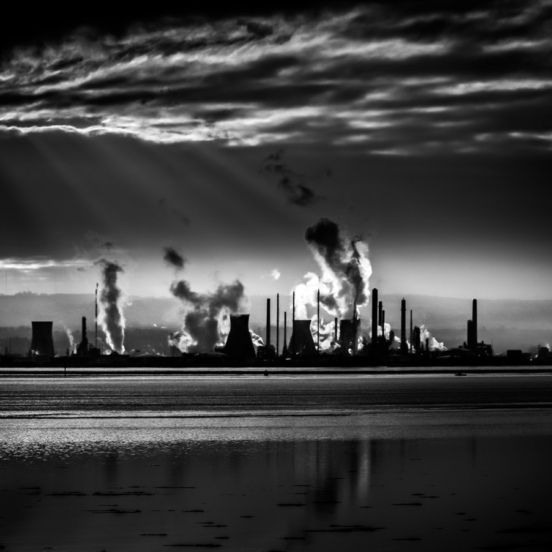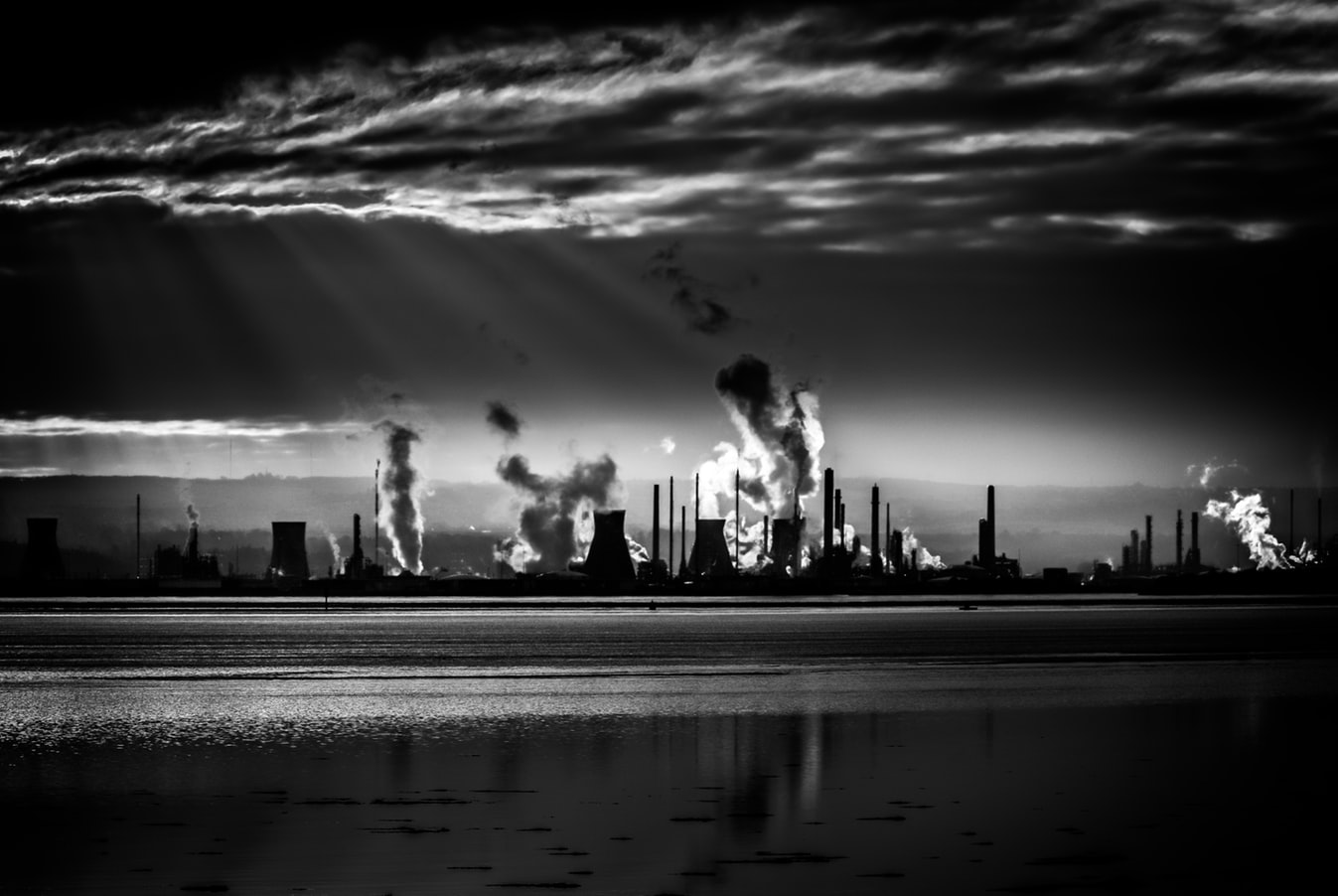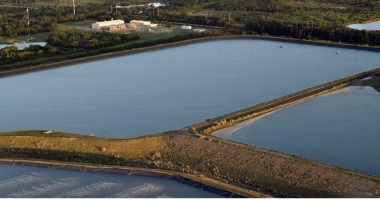Climate, Health and Equity Brief
Disinformation, Denial and Deceit
October 25, 2019

Hot Topic: Betrayed. Both the fossil fuel industry and the Trump Administration have been exposed this week for their calculated efforts to deceive the American public on the dangers of climate change.
In the private sector, Exxon faces damning research, intensifying media scrutiny and mounting legal action for hiding the impact and cost of fossil fuel emissions from shareholders and the public. A study by three universities examined decades of internal Exxon memos to show that the fossil fuel industry knew the basics about climate science in the 1950s, devised strategies to refute it in the 1980s, and began actively orchestrating climate disinformation campaigns designed to protect their bottom line in the 1990s.
And in Washington, a triple whammy from the Trump Administration: A series of investigative reports finds that the U.S. Department of Agriculture has routinely buried government-funded studies warning about the dangers of climate change, even as U.S. farmers face financial devastation from its impacts. President Trump re-confirmed his intent to withdraw from the Paris Agreement, promising that his pro-fossil fuel policies will turn America into an “energy superpower.” And U.S. air pollution has increased by more than five percent in the last three years—compared to a 24 percent decrease during President Obama’s tenure—resulting in nearly 10,000 more premature deaths.
As wildfires once again threaten lives here in California, we ask: with the climate unquestionably changing, how long will it be until those in power are held accountable?
—Matt & Traci, GMMB
| Politics & Economy A new paper from three prominent universities examines internal Exxon strategy memos dating back to the 1970s to show how the fossil fuel industry deliberately misled the public for decades about the climate impact of fossil fuels. (EcoWatch) Exxon is in court in New York this week on charges that it kept a secret set of financial books to hide the costs and consequences of climate change from its shareholders and the public. (The New York Times) The influx of lawsuits against fossil fuel companies is expected to increase, in part based on research showing that just 90 companies have produced nearly two-thirds of the world’s industrial emissions. (Politico) A formal investigation into the U.S. Department of Agriculture has found that under President Trump, the USDA has suppressed climate science and buried reports showing the dangerous impacts of climate change. (Politico)President Trump confirmed this week that the U.S. will back out of the Paris Climate Agreement, calling former President Obama’s environmental clean-up plans a “war on American energy” and promising that his pro-fossil-fuel policies will turn America into an energy superpower. (BBC) Health A study conducted in England found that there are hundreds more emergency room visits on days with high pollution. (The Guardian) A recent U.S.-based study found that extreme weather events in 2012 supercharged by climate change led to nearly 1,000 more deaths, more than 20,000 additional hospitalizations and cost the U.S. healthcare system $10 billion. (NRDC) Equity Action Nearly 1,000 leading Australian engineers and organizations signed a 12-point declaration that acknowledges their connection to 65 percent of Australia’s greenhouse gas emissions and pledges to actively work toward a low-carbon future. (The Guardian)
Tom Toro/The New Yorker |
|
Have feedback on this issue? Email us. |







